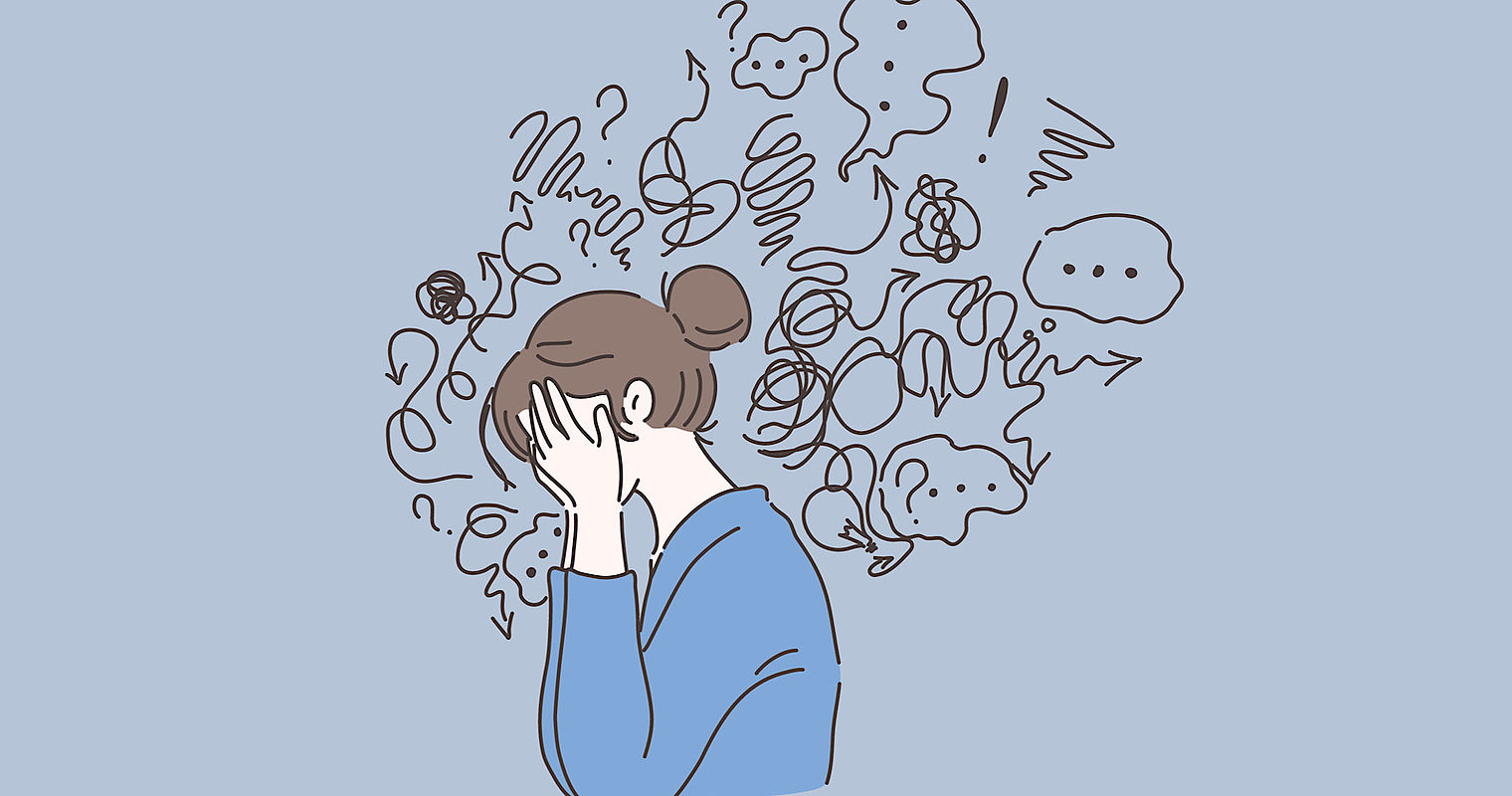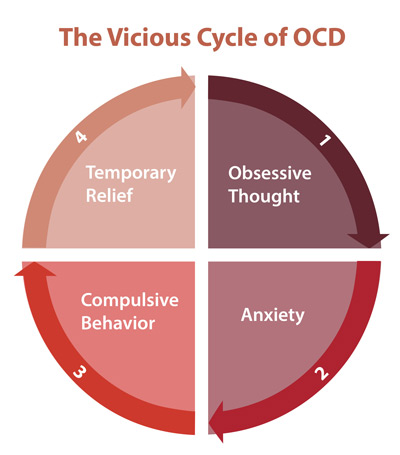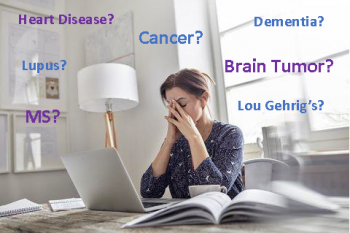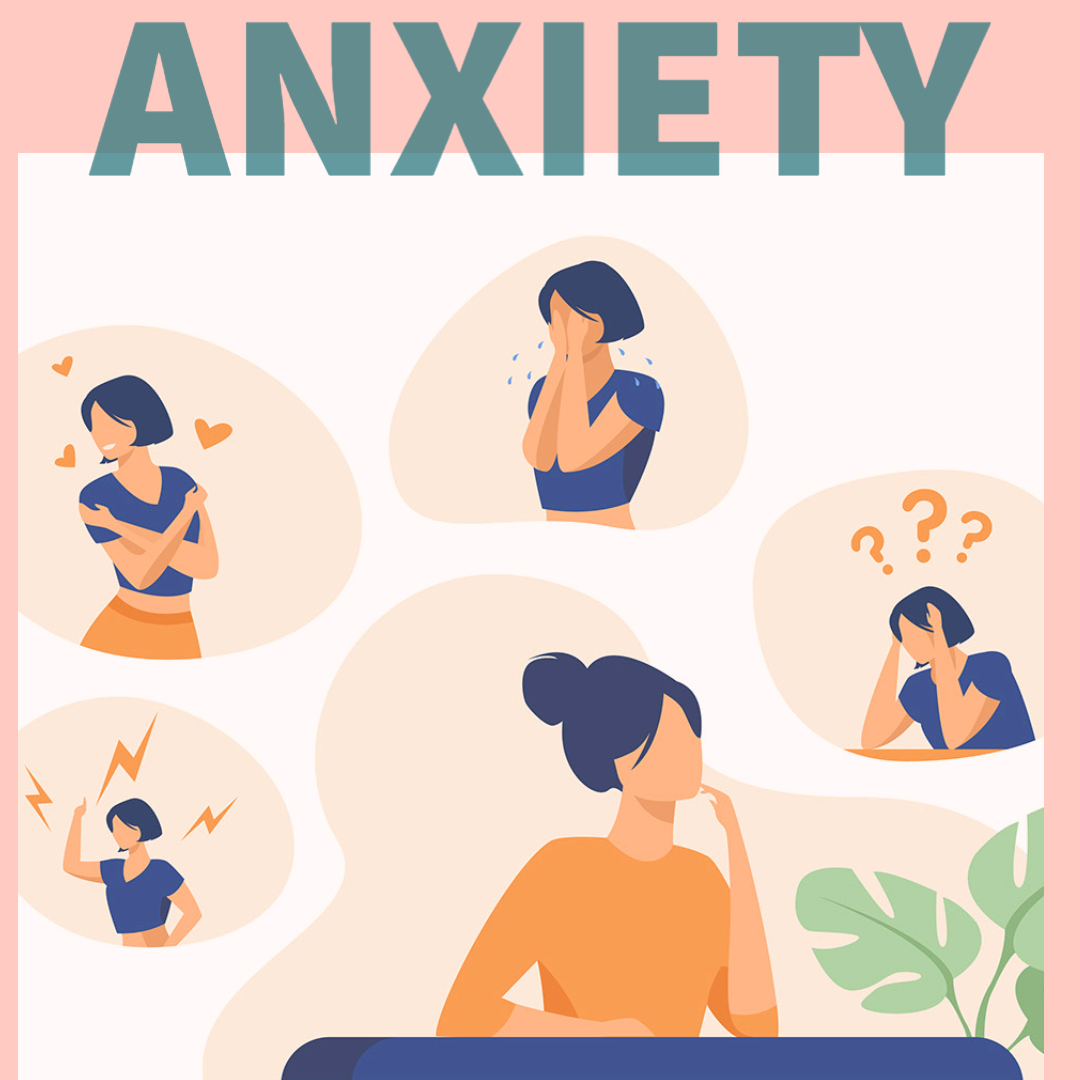
Anxiety is your body’s reaction to stress. It is a feeling of fear or uneasiness about what’s to come. The first day of school, going for a job interview or public speaking may cause many people to feel scared and nervous. It is normal to feel anxious about moving to a new place, starting a new job or taking a test. That type of anxiety is normal. Ordinary anxiety is a feeling that comes and goes but does not interfere with your daily life.
In the case of this disorder, the feeling of fear may be with you all the time. It is intense and sometimes debilitating. This may stop you from doing things which you enjoy. These disorders are the most common form of emotional disorder and can affect anyone at any age. According to statistics, women are more likely to be diagnosed with this disorder.
Types:
1. Panic Disorder:
/top-symptoms-of-panic-attacks-2584270_FINAL-5bcdfd4d46e0fb0051228ee5.png)
Experiencing recurring panic attacks at unexpected times. A person with panic disorder may live in fear of the next panic attack.
2. Phobia:

Excessive fear or a specific object, situation or activity.
3. Social Anxiety Disorder:
/social-anxiety-disorder-symptoms-and-diagnosis-4157219-5c5db04146e0fb000127c7e9.png)
Extreme fear of being judged by others in a social situation.
4. Obsessive Compulsive Disorder:

Recurring irrational thoughts that lead you to perform specific, repeated behaviours.
5. Separation Anxiety Disorder:

Fear of being away from home or loved ones.
6. Illness Anxiety Disorder:

Anxiety about your health
7. Post-Traumatic Stress Disorder:
/2797638-an-overview-of-ptsd-symptoms-5ae723971d6404003665ce0c.png)
Anxiety following a traumatic event.
Symptoms:
Anxiety feels different for different people. Feelings can range from butterflies in your stomach to a racing heart. You might feel out of control, like there’s no connection between your mind and body. Other ways people can experience this include nightmares, panic attacks and painful thoughts or memories that you can’t control. You can have a general feeling of fear and worry or you may fear a specific place or event.
General symptoms include:
- Increased heart rate
- Rapid breathing
- Restlessness
- Trouble concentrating
- Difficulty falling asleep
Anxiety Attacks:
An anxiety attack is a feeling of overwhelming fear, worry or distress. These attacks can vary greatly, and symptoms may differ among individuals.
Common symptoms include:
- Feeling faint or dizzy
- Shortness of breath
- Dry mouth
- Sweating
- Chills or Hot Flashes
- Fear and Worry
- Restlessness
- Distress
- Numbness or Tickling
Remedies:
Lifestyle changes can be an effective way to relieve some of the stress and anxiety you may cope with everyday. Most of the natural remedies consist of taking care of your body, participating in healthy activities and eliminating unhealthy ones.
These remedies include:
- Getting sufficient sleep
- Meditating
- Staying active
- Having a healthy diet
- Avoid caffeine, smoking and alcohol.
Wrapping Up
Anxiety is something everyone deals with, just on different levels. Remember that it’s okay to feel that way, just don’t let it interfere with your daily life.
Read more on Diabetes.



